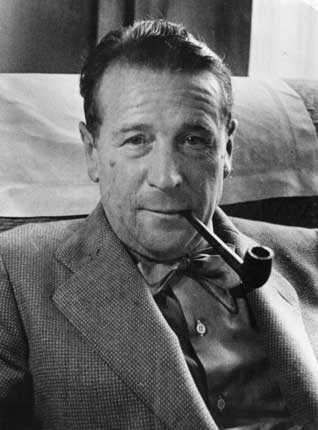Dirty Snow, By Georges Simenon (trs Marc Romano and Louise Varese)
L'Etranger in a strange land

Your support helps us to tell the story
From reproductive rights to climate change to Big Tech, The Independent is on the ground when the story is developing. Whether it's investigating the financials of Elon Musk's pro-Trump PAC or producing our latest documentary, 'The A Word', which shines a light on the American women fighting for reproductive rights, we know how important it is to parse out the facts from the messaging.
At such a critical moment in US history, we need reporters on the ground. Your donation allows us to keep sending journalists to speak to both sides of the story.
The Independent is trusted by Americans across the entire political spectrum. And unlike many other quality news outlets, we choose not to lock Americans out of our reporting and analysis with paywalls. We believe quality journalism should be available to everyone, paid for by those who can afford it.
Your support makes all the difference.Georges Simenon is reasonably well-known as the Belgian author of the Maigret detective stories, but deserves to be a good deal more famous than he is. He wrote many other novels (nearly 200), displaying acute psychological insight and a distinctive spare, atmospheric prose style.
Dirty Snow is a brilliant example of what he called his "romans durs" ("hard" or "tough" novels), so noir it makes Raymond Chandler look beige.
Set in an occupied European country (it isn't made clear whether it's France under the Nazis or Germany under the Allies), it centres on the pitiless 18-year-old thug Frank Friedmaier. He is a pimp, a thief, and a murderer who kills just to see how it feels. Unlike most of his compatriots, Frank wants for nothing: his mother's brothel makes a comfortable living servicing officers of the occupying force, and he gets free turns with the girls. He appears affectless; in fact he works to suppress his emotions.
It should be impossible to sympathise with such a character – except that he has a kind of steely honesty which leads him to understand that he is ultimately nothing but "a piece of shit who deserves to die", as William T Vollmann puts it in his Afterword. The novel captures the bleakness of an occupied city in winter – the snow, the food shortages, the complicity, the erosion of decency, the arbitrary rulings from on high. Simenon ought to be spoken of in the same breath as Camus, Beckett and Kafka.
Join our commenting forum
Join thought-provoking conversations, follow other Independent readers and see their replies
Comments